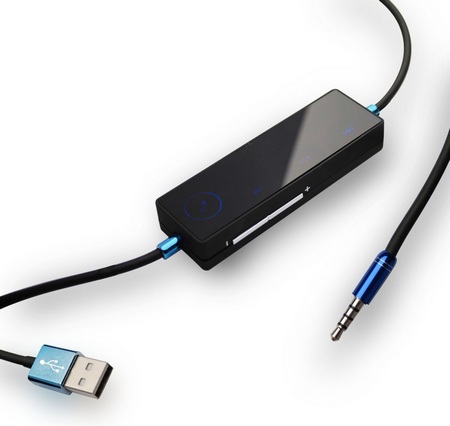PC BIOS POST Diagnostic Test Cards
What are P.O.S.T. codes?
"POST" stands for Power On Self Test.
Every IBM Compatible PC has software built in to the motherboard, called a BIOS (Basic Input Output System). This system, or BIOS, gets control of the computer even before the operating systems loads, and does a Self Test of the components on the motherboard, and in some cases, boards that are plugged into the various slots. It goes through several steps of checking, testing and initializing the hardware components.
Before entering each step, the BIOS writes a 2 digit identifying code to an external address. This code is commonly referred to as a POST code. The very early IBM PC and XT (8088 and 8086 based) computers did not generate these codes, but some other brands of XT computers did. It became standard on most PCs after that.
Before entering each step, the BIOS writes a 2 digit identifying code to an external address. This code is commonly referred to as a POST code. The very early IBM PC and XT (8088 and 8086 based) computers did not generate these codes, but some other brands of XT computers did. It became standard on most PCs after that.
Although the practice of generating POST codes became standard, the meaning of the codes varies widely. Most computer manufacturers use a BIOS supplied by a third party, the most common are Phoenix and AMI, but there are many others. The codes also vary depending on the motherboard and the manufacturer's requirements. These codes are useful during the manufacturing process to help identify problems. To the consumer, they are useful in cases where the system won't boot up and the video screen does not work, or if you are attempting to make modifications.
If the BIOS detects a problem, it will stop on the problem, and the last code that was output will indicate what the failure is.
If the BIOS detects a problem, it will stop on the problem, and the last code that was output will indicate what the failure is.
In order to see the codes being generated by your BIOS, you will need a POST Diagnostic Card, which plugs into your PC and displays these codes as the BIOS performs its tests. The card displays HEX digits which consist of the numbers 0-9 and the letters A-F. A manual is supplied that gives a description of the code.
What are Beep codes?
Has your computer ever "beeped" when you turned it on? Maybe it always does, or maybe just sometimes? Has it ever beeped several times and the screen remained blank? Wouldn't you like to know what those beeps mean? Well, it depends on what BIOS is in your computer. Some BIOS's generate just one or two beeps, and others have elaborate series of short & long, or low & high pitched beeps to indicate various problems that were detected during the POST (Power On Self test). Some models of Diagnostic POST Card has a speaker that will play the beeps.
The Diagnostic POST Card is a powerful diagnostic tool for technicians and administrators to troubleshoot various problems of IBM compatible PCs. It is easy to install, yet extremely powerful to use. With the Diagnostic POST Card in hand, you no longer have to go through tedious and time consuming process of trying to figure out what is wrong with your PC hardware. The Diagnostic POST Card will tell you exactly what is wrong with your PC in just seconds. It saves you time and money.
Our new and improved designs of POST Diagnostic Cards will work with almost all popular types of CPUs, Motherboards, and BIOS’s.









0 comments:
Post a Comment